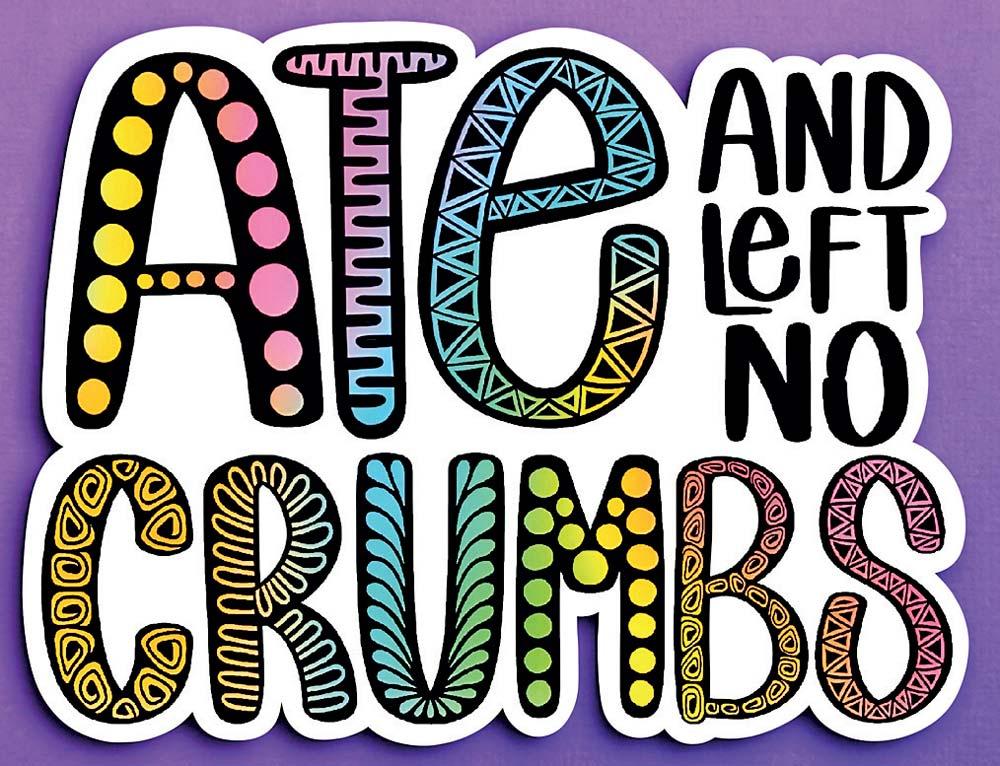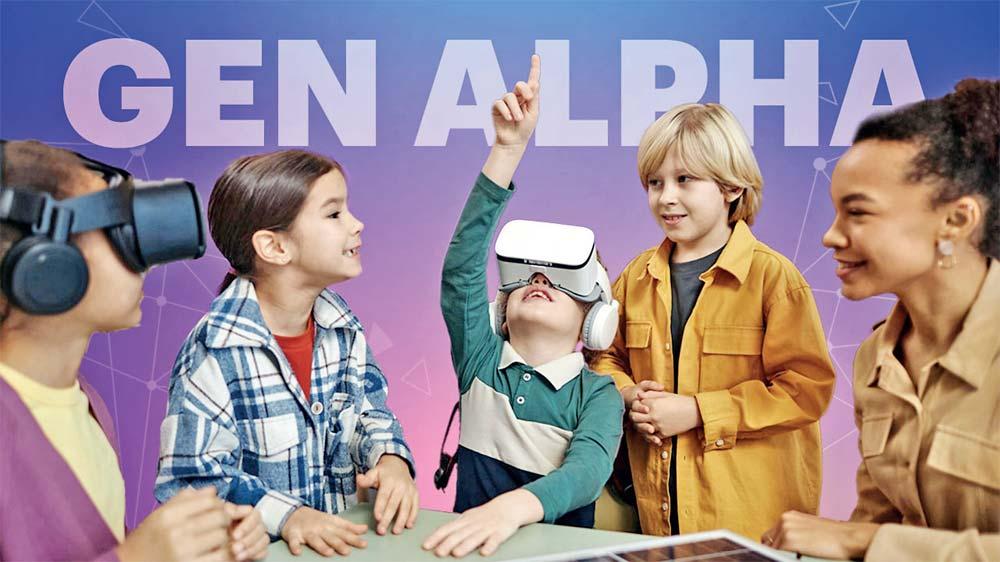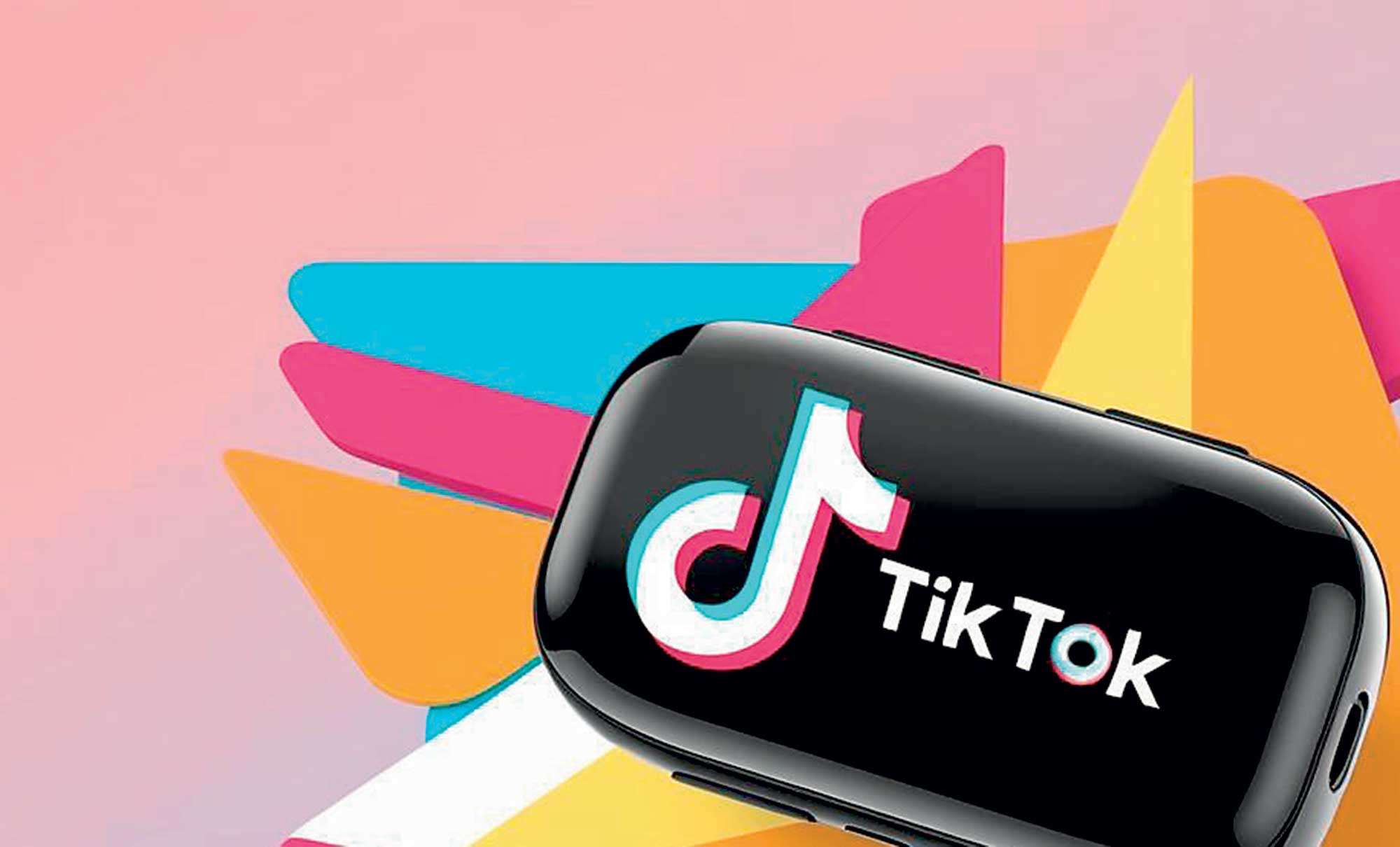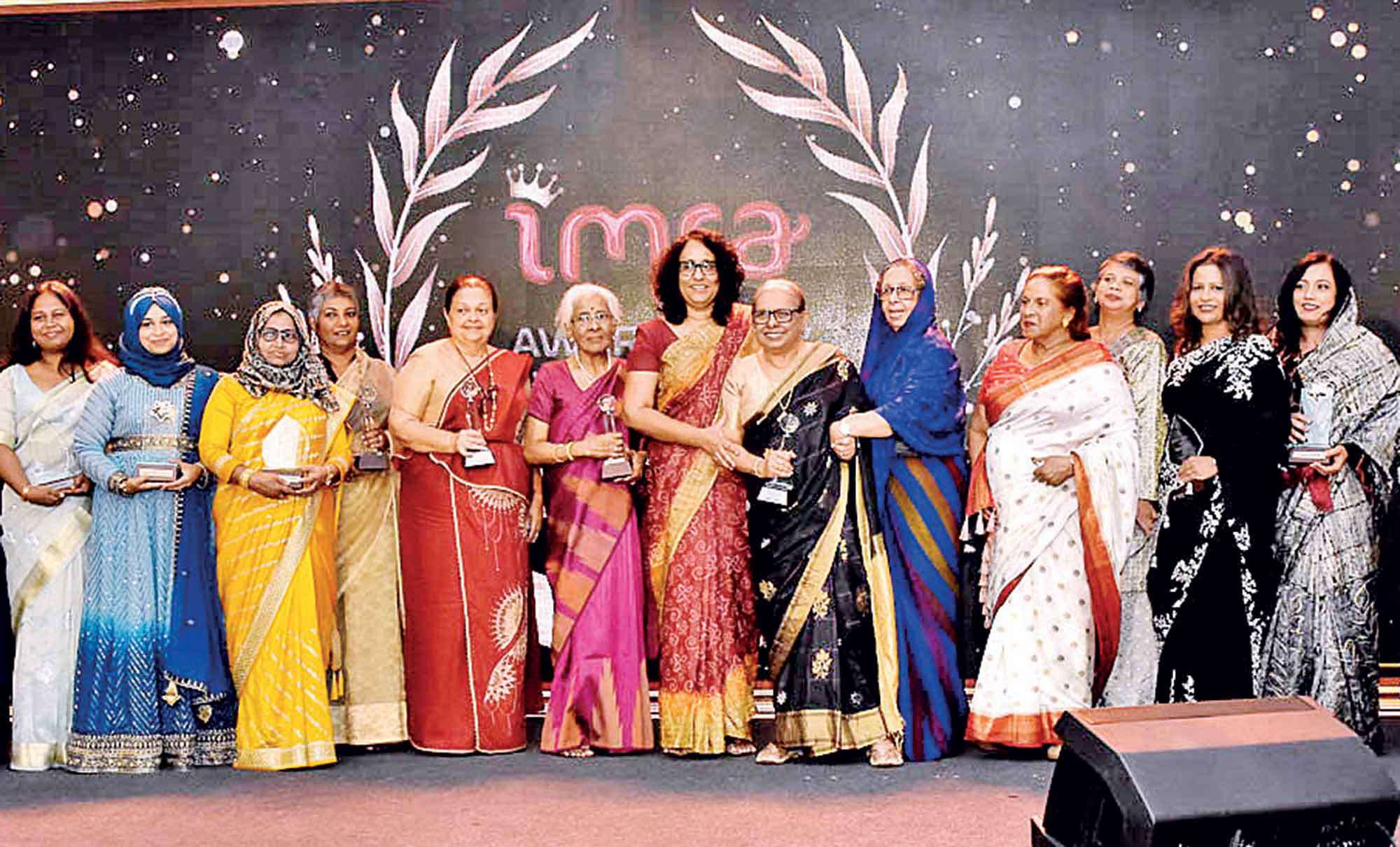

Language is constantly evolving, and nowhere is this more evident than in the way younger generations communicate. Gen Z (born between 1997 and 2012) and Gen Alpha (born from 2013 onwards) have developed their own unique vocabulary, shaped by internet culture, memes, gaming, and social media. Their words and phrases often start in niche online communities before spreading to mainstream conversations. If you’ve ever felt lost hearing terms like ‘Skibidi’ or ‘Sigma,’ you’re not alone. Let’s break down some of the most popular slang used by these generations and what they really mean.
Skibidi
Originating from the bizarre yet viral ‘Skibidi Toilet’ series on YouTube, ‘Skibidi’ has become a meme that represents chaotic, absurd humour. The series features a battle between floating toilet-headed creatures and camera-headed humanoids, and its catchy music and strange animation style have captivated millions of Gen Alpha kids. Saying ‘Skibidi’ now often refers to something surreal, random, or nonsensical.
Sigma
‘Sigma’ comes from the Sigma Male concept, a term that initially emerged in self-improvement and manosphere discussions. A Sigma male is depicted as an independent, lone-wolf type who doesn’t conform to societal norms. However, in Gen Z and Gen Alpha culture, the term has evolved into a meme that parodies hyper-masculinity. It’s often used in a humorous way to describe someone who acts aloof, powerful, or rebellious, whether sincerely or ironically.
Ohio
If you’ve heard the phrase ‘Only in Ohio,’ you might be wondering why a U.S. state has become an internet joke. This meme originated from videos showcasing bizarre or absurd events with captions implying that such things could only happen in Ohio. Now, saying ‘Ohio’ is shorthand for anything weird, cursed, or surreal.
Rizz
Short for ‘charisma,’ ‘rizz’ refers to one’s ability to flirt or attract romantic interest. Someone with good ‘rizz’ knows how to charm others, while ‘negative rizz’ implies a complete lack of social skills. The term was popularized by YouTuber and Twitch streamer Kai Cenat and has since become mainstream Gen Z slang.
Gyatt
‘Gyatt’ is a term used mainly by Gen Z and Gen Alpha boys to express admiration for someone’s physical attractiveness, particularly when surprised by someone’s appearance. It originated from Twitch and YouTube streamers like YourRAGE and has become a staple in online reactions.
NPC (Non-Playable Character)
Originally a gaming term for characters controlled by AI rather than players, ‘NPC’ has taken on a new meaning in internet culture. Calling someone an NPC implies they lack independent thought, blindly follow trends, or act in a robotic, predictable way. It’s often used as an insult to suggest someone is unoriginal or just ‘going through the motions’ in life.
Mid
‘Mid’ is a shorthand way of calling something mediocre or average. It’s often used in pop culture debates, such as when a new movie, song, or fashion trend fails to impress. For example, someone might say, ‘That new Marvel movie was mid,’ meaning it was underwhelming.
Bet
‘Bet’ is a simple, yet powerful word used to indicate agreement, challenge, or confirmation. If someone says, “Let’s meet at 7,” and you reply “Bet,” it means you agree. But if someone doubts you and you respond with “Bet,” it’s a challenge, as in “Watch me prove you wrong.”
No Cap
Derived from hip-hop culture, ‘no cap’ means someone is telling the truth. If someone says, “This pizza is the best I’ve ever had, no cap,” they’re emphasizing that they’re being honest. The opposite, ‘cap,’ means a lie. Saying “That’s cap” means you don’t believe what someone is saying.
Bussin’
‘Bussin’ is used to describe something that is exceptionally good, often in the context of food. If a meal is incredibly tasty, someone might say, “This burger is bussin’.” It’s a playful and enthusiastic way to express enjoyment.
Yeet
‘Yeet’ started as a slang term for throwing something with force but has since expanded into a general expression of excitement, approval, or even confusion. If someone tosses something far, they might yell “Yeet!” But it can also be used randomly in moments of enthusiasm.
L + Ratio
‘L’ stands for ‘loss’ and is used to call out someone’s failure. ‘Ratio’ means that someone’s reply has more engagement than the original post, implying a verbal or social media victory. If someone gets heavily criticized online, others might comment ‘L + Ratio’ to mock them.
GOAT (Greatest of All Time)
‘GOAT’ is an acronym for ‘Greatest of All Time.’ It’s used to describe someone or something that is exceptional, such as ‘Messi is the GOAT’ in football or ‘Beyonce is the GOAT’ in music.
Slay
‘Slay’ is a term used to praise someone’s appearance, confidence, or performance. If someone wears a great outfit or does something impressive, they might be told, “You slayed that.” It’s often associated with self-assurance and excellence.
W or L
In Gen Z and Gen Alpha slang, ‘W’ stands for ‘win’ and ‘L’ for ‘loss.’ If someone does something great, they might get comments saying, ‘Big W.’ If they mess up, they’ll hear, ‘That’s an L.’
Ate
‘Ate’ is used to praise someone who did something exceptionally well, often in fashion, performance, or confidence. It’s short for “Ate and left no crumbs,” meaning they excelled flawlessly.
Sus
‘Sus’ is short for ‘suspicious’ and is used to call out something that seems shady, questionable, or untrustworthy. It became popular through the game, Among Us, where players accused others of being the imposter by saying, “You’re sus!” Now, it’s widely used in everyday conversations and memes.
Drip
‘Drip’ refers to stylish clothing, accessories, or an overall fashionable look. If someone has ‘drip,’ it means they dress well and exude confidence through their style. It originated from hip-hop culture and has become a staple in Gen Z and Gen Alpha slang, often used to compliment someone’s outfit or swagger.
The Future of Gen Z and Gen Alpha Lingo
With the rapid pace of digital culture, new slang emerges constantly. Social media platforms like TikTok, Instagram, Twitter, and YouTube will continue shaping the language of younger generations. Understanding their lingo isn’t just about keeping up; it’s about connecting with the humour, creativity, and culture that define them.
So, next time you hear someone say, “That’s a W, no cap, Skibidi,” you’ll know exactly what they mean!











